An Unsuitable Boy: What went into the making of Karan Johar’s memoir
The co-author of filmmaker Karan Johar’s memoir, An Unsuitable Boy, Poonam Saxena recounts the experience of collaborating with the busy filmmaker, and getting drawn into the story of his life.
I switched off the recorder. There was silence in the room.
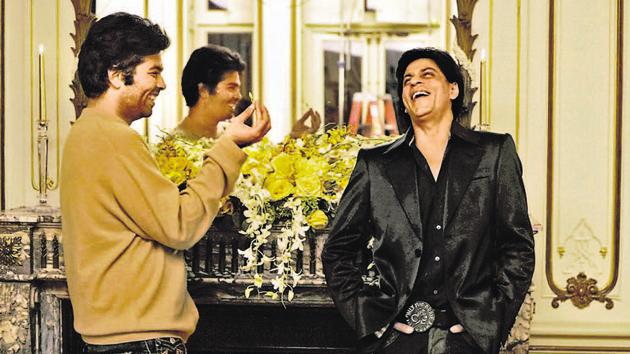
Karan had just finished talking about the death of his father. He was looking exhausted, and was almost in tears. I felt a lump in my throat too.
After mumbling incoherently for a few seconds, I asked him when I should meet him next. We fixed a time and I left.
Working on An Unsuitable Boy was an emotionally draining experience for Karan. We did long, intense interview sessions which then formed the basis for the book. I would suggest the general theme of the conversation and then listen, only occasionally asking a few questions. Often Karan deviated from the subject, because he would suddenly recall something else quite unconnected. At the Jaipur Litfest last year, he said that he felt like he was talking to his therapist!
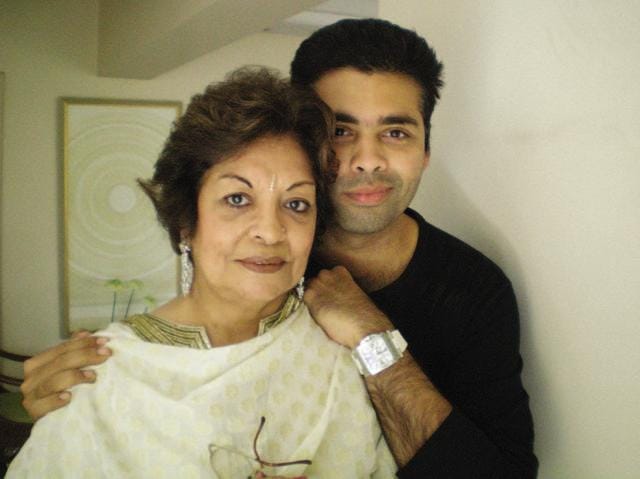
When I was asked more than two years ago if I would like to co-author Karan Johar’s memoir, I agreed instantly. I had interviewed him several times over the years and always found him enormously good fun, apart from bring articulate, perceptive and very sharp. I never came away from a Karan interview worrying about what I was going to write. There was always more than I could accommodate. I liked him also because he was such a
And I liked his movies. I’ve always felt he has an enviable instinct and talent for handling emotion, characters, and memorable big screen moments (not to mention that he’s a filmmaker with the best ear for music in several decades).
But getting down to actually working on the book was of course, easier said than done. Karan is a crazily busy person. He has a million commitments. He is stretched in every direction. (I think he likes it that way).There’s his company Dharma Productions, his TV commitments, travel schedules and so much else. Time with him became the most precious commodity and I was so terrified of losing my valuable recordings that I made multiple backups of every interview on the computer and on pen drives!
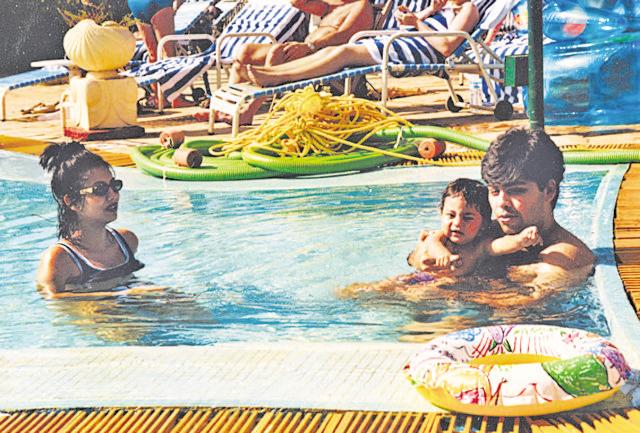
Also, around the time that we decided on An Unsuitable Boy, Karan began his seventh directorial venture, Ae Dil Hai Mushkil, which obviously took precedence over the book. Scheduling frequent appointments became impossible. We would then fix the next set of interviews some months down the line. Later, I came to know that those two-three years while the book was in progress were extremely turbulent years for Karan emotionally. He was recovering from the heartbreak of unrequited love, which in turn pitched him into a prolonged period of anxiety and depression and he had to seek professional help. Ae Dil Hai Mushkil is his first outright personal work, drawn from his own life experiences. He wrote and made the film during this difficult personal phase of his life.
But we persevered on the project with dogged determination. We would pick up the threads after a long gap and it was as if those intervening months had not happened. Often, in the course of the interviews, I could make out that what he was recounting was painful for him, but he continued resolutely. There were only a couple of aspects of his life which he clammed up on. I found myself getting drawn into his story, suffering with him when he suffered, smiling with him when he had his triumphs and successes.
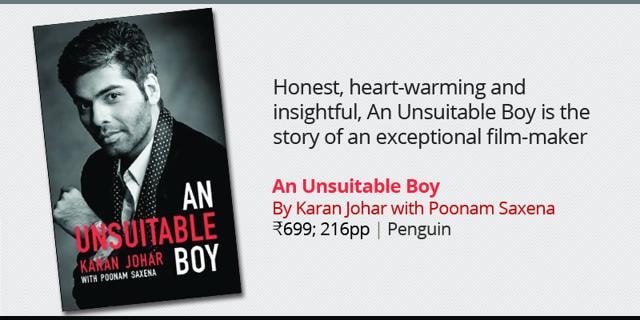
After the first one or two interviews itself, I decided that the book should be in Karan’s voice. It was his memoir, it was his story, it should be in his voice. It couldn’t be about how I thought it should be. I wanted that raw, informal, conversational quality in the book, as if the reader was sitting next to Karan – just like I was – and listening to him. As if Karan was confiding in him/her. If Karan had been inarticulate or incoherent, it would have been a different story. But as we all know, that’s not the case. Karan has a distinctive voice – spontaneous, warm, intelligent, witty. Indeed, over the years he has emerged as the spokesperson of the film industry and is everyone’s go-to person when it comes to hosting shows, conducting interviews and so on.
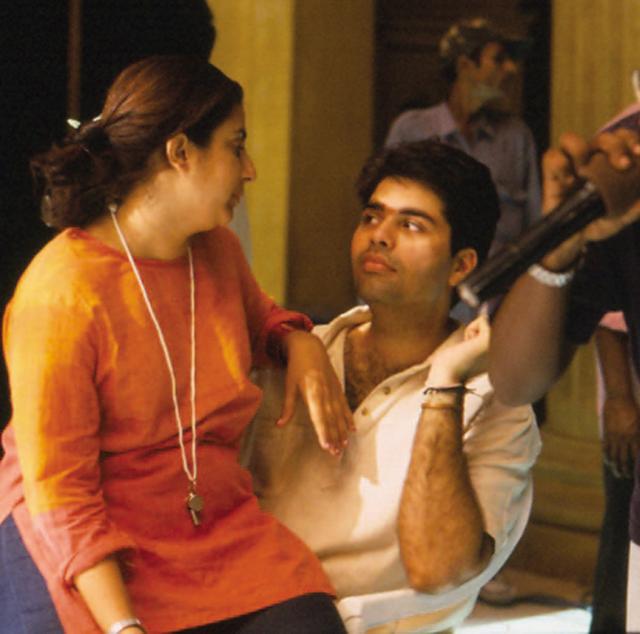
Writing a memoir is always a tough proposition and in this case, Karan is the first Bollywood filmmaker (or Bollywood star, for that matter) who has done so at the peak of his career. Most celebrities wait till they’re much older or at the fag end of their careers when the stakes are not high and there’s nothing to lose. Even then, they often gloss over past relationships, their failures and insecurities. But in An Unsuitable Boy, Karan has truly laid bare his heart and soul. In that sense, he’s always been fearless, without that nagging dread that seems to plague almost everyone - ‘what will people say?’ Whether it was hosting Koffee With Karan (“you’re coming across as frivolous and gossipy”), becoming a reality TV judge (“why are you dancing on national television?”) or participating in the AIB Roast (“why did you have to do that? Who will take you as a serious filmmaker now?”), he has done what he wanted to without thinking too much about whether he should or shouldn’t. Karan has been a trend-setter, the first off the mark in so many ways. Maybe An Unsuitable Boy will set a trend too and many more movie celebrities will write their memoirs while they’re still on top of their game.
But somehow I doubt it. Who will be so ruthlessly candid about themselves, and expose their vulnerabilities, complexes and wounds to the world? When he was talking during the interview sessions, it was in the solitude of a quiet room, with no one else listening in. There was a false sense of privacy. But now those conversations have gone out into the world in the form of this book. And I believe that’s a good thing – because it takes readers on an emotional journey, and provides insights into the mind, heart, soul and world of one of Bollywood’s most important filmmakers, someone who is a cultural icon of our times.





